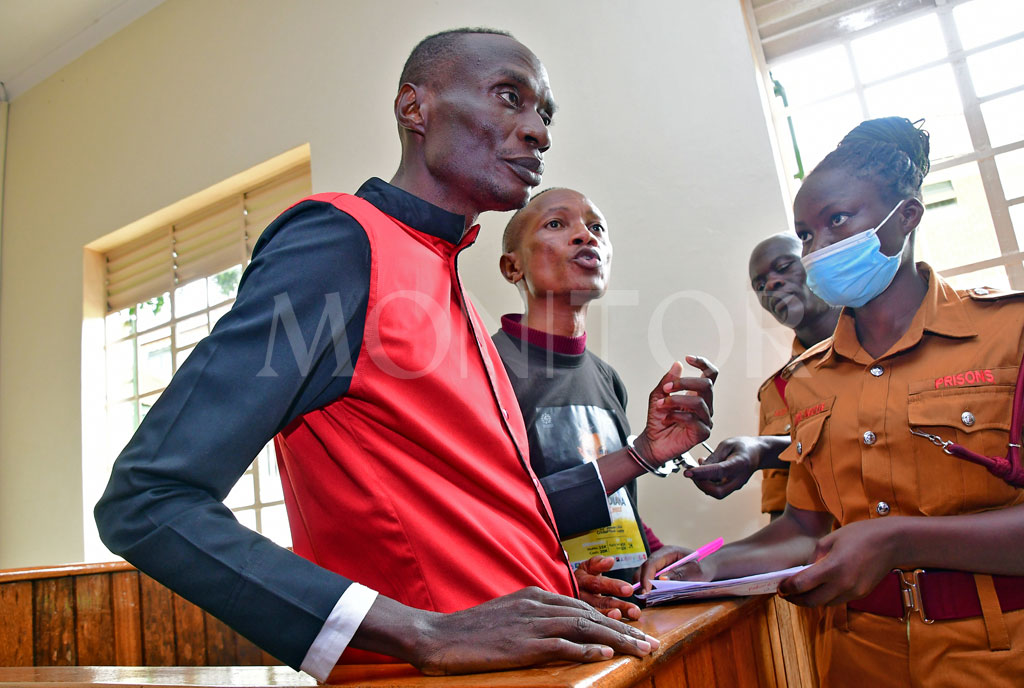Property owners need to know this about occupiers’ liability

What you need to know:
Investigations about the cause of the stampede are still underway and charges related to negligence have been preferred on some of the suspects, one of them being the event’s organiser known as Abby Musinguzi, aka ABITEX, and the master of ceremony
The fateful and horrifying incident that happened on New Year’s Eve at Freedom City Mall where more than 10 people died, some of whom were children, should teach us a lot of lessons.
Investigations about the cause of the stampede are still underway and charges related to negligence have been preferred on some of the suspects, one of them being the event’s organiser known as Abby Musinguzi, aka ABITEX, and the master of ceremony.
It’s alleged that the incident happened as a result of the MC inviting the revellers to go outside the hall to catch a glimpse of the fireworks display as they ushered in the new year.
Under the law of tort any person in charge or control of premises may be held liable for injuries that may occur to a visitor lawfully permitted to the premises. Any person who is in charge or control of land or property must conduct themselves in a certain manner to avoid injury to others. Wherever any person has a sufficient degree of control over premises that he or she ought to realise that any failure on his part to use care may result in injury to a person coming lawfully there then he is an occupier and owes a duty of reasonable care to his visitor.
It’s not necessary for a person to have entire control over the premises. The occupation need not be exclusive; he or she may share control with others and each one of them is under duty to use care towards persons coming lawfully onto the premises depending on the degree of control. This in essence means that visitors need not to be worried about steep, narrow stair cases, passages slippery floors, incomplete hand rails, poor lighting etc.
Liability stretches from property owners to managers and those who rent the premises or property, whoever is in control of a situation, should do so in a way which promotes the safety of those who might be injured if care was not taken. Premises under the context of occupier’s liability not only mean land since the same has been interpreted to include vessels, vehicles, aircraft, scaffoldings and ladders.
Under the law very many people access premises as lawful visitors who either have express or implied permission. Express permission is an invitation in writing and implied invitation is where one’s presence is unobjectionable such as a postman. Those with a lawful right of entry can have access regardless of the occupiers’ wishes i.e., firefighters, police officers with warrants, public utilities employees attending to meter readings and the occupier has to ensure that all these visitors are safe.
Where children are involved especially minors by implication a greater level of care might be required to keep them from harm but this doesn’t take away the fact that also parents need to be responsible for their children since they may also be held liable for contributory negligence.
Where a visitor is made aware of the risk and they do continue regardless then one is likely to say they consented to assume the risk of injury. It could also be that they acted poorly around the risk or what we may term as contributory negligence i.e., the parents who took their children to the event late in the night at such a crowded place.
This may not only squarely apply to the freedom city incidence but also could be cases that are happening within hotels, shops and other properties that are not reported in one way or the other. As we invite people to our properties, we need to be ready to be held liable in case of injury to them as a result of failure to fulfil the duty of care we owe to them as visitors or trespassers depending on the circumstances.
Kisomose Brian
Advocate practising law




